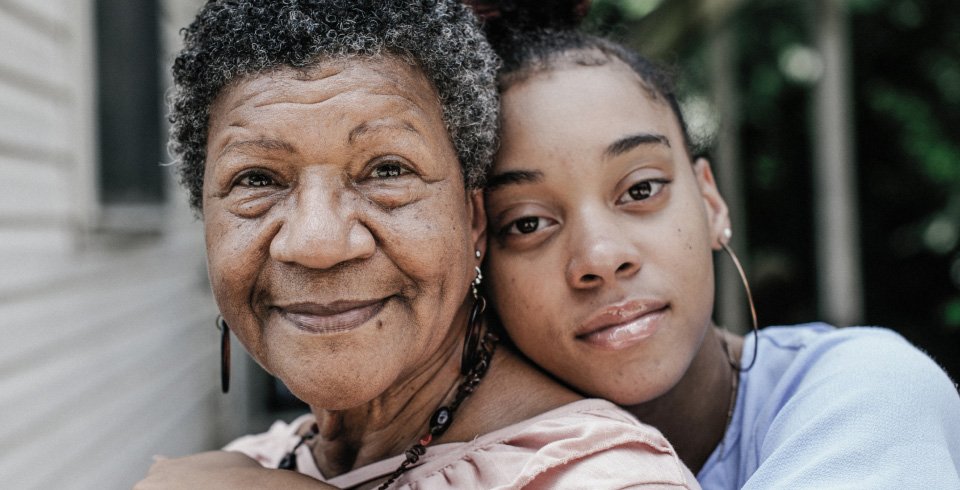
For Caregivers of Loved Ones Living with Dementia, Love Hurts

As the retail world changes their displays to feature love-themed items for Valentine’s Day, emotions could be triggered for dementia caregivers. Bittersweet memories of romance past; recognition of the losses experienced after diagnosis and fear or despair of what the future might bring. As a caregiver, the sight of couples sharing intimacy can bring a wave of sadness inexplicable to all but the bereaved lover or spouse.
Findings from 2018 research on intimacy and the dementia spouse validates these feelings. Whether it is a study of caregivers of those living with dementia in general or a study of caregivers of spouses living with Parkinson’s, the overall sentiment on intimacy is one of loss.
A qualitative study of spouses of husbands living with Parkinson’s disease found as care responsibilities increased, emotions distanced. Feelings of frustration, resentment, anger, sadness and worry for the future increased. When comparing the effect of the physical changes, the change in cognition was rated more difficult to accept, manage and cope.1
Whether the couple is younger or older, the impact of dementia on intimacy is negative. A study of younger-onset dementia found relationship quality declined as did self-esteem and identity.2 Couples reported changes in sexual activity, an increase in loneliness and social isolation. As for older caregivers, one study showed a significantly lower quality of life when compared to non-caregivers. Intimacy was one of the factors affected as was autonomy.
If you are a caregiving companion of a loved one living with dementia, you are not surprised by these findings. You are living them. The feeling of isolation can be helped by reaching out to others in the same situation. Maybe it’s a support group, a memory café, or even coffee with an understanding friend. Let this season be one for self-love and self-care—it is the best way of guaranteeing your loved one your best.
By-line: Cate McCarty, PhD, ADC has been collaborating with Arden Courts in a variety of roles since the late 90’s. Her background in nursing, activities and admissions has given her a passionate commitment to quality of life for the individual and family with dementia. Cate is now personally caring for her spouse who has a diagnosis of dementia of the Alzheimer’s type.
Footnotes
1Vatter, S., McDonald, K.R., Stanmore, E., Clare, L., McCormick, S. A., et al. (2018). A qualitative study of femal caregiving spouses’ experiences of intimate relationships as cognition declines in Parkinson’s disease, Age & Aging, Epub ahead of print.
2Holdsworth, K., & McCabe, M. (2018). The impact of younger-onset dementia on relationships, intimacy, and sexuality in midlife couples: a systematic review, International Psychogeriatrics, 30(1): 15-29.
3Conrad, I., Alltag, S., Matschinger, H., Kilian, R., & Riedel-Heller, S. G. (2018). Quality of life among older informal caregivers of people with dementia, Nervenarzt Journal, 89(5): 500-508.


